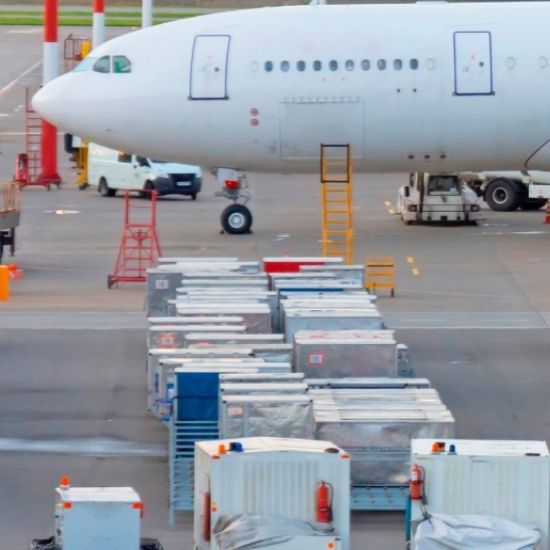CEIV 2.0 Phase 2: Implementation
Project Purpose
In 2021, six years into the CEIV Pharma program, Pharma.Aero initiated the CEIV 2.0 Project to evaluate how CEIV Pharma-certified companies perceive the impact of the CEIV certification on their daily business and the value that the certification has brought. Furthermore, Pharma.Aero involved their strategic pharma shipper members in evaluating the current CEIV Pharma programme and its impact on their air supply chain requirements.
As part of Phase 1: Evaluation, the project focused on identifying the challenges, and root causes and suggested potential solutions. The methodology and the findings of Phase 1: Evaluation are available here.
Based on the identified challenges and the suggested solutions for improvement, Pharma.Aero members and project participants launched a follow-up project, CEIV 2.0 Phase 2: Implementation to further explore concrete actions to implement some of the suggested potential solutions.

Project Objective(s)
After Phase 1 of the Project, the goal is to work on 6 specific solutions highlighted by Pharma.Aero members and make some suggestion to IATA on how to implement them to enhance the IATA CEIV Pharma Program.
Project Status And Key-takeaways
Structure of CEIV 2.0 – Phase 2 (implementation):
- Work Package 1: Authority involvement
- Work Package 2: LifeScience and Healthcare Shippers review Group
- Work Package 3: IATA CEIV-compliant program
- Work Package 4: IATA CEIV certification database (ONE Source)
- Work Package 5: Communication to the Pharma community
- Work Package 6: Dissemination of IATA CEIV knowledge
- Work Package 7: Publications (Technical report and White Paper)
PROJECT
SUPPORT AND
COLLABORATION.
- Pharma.Aero Board liaison: Brussels Airport Company
- Project leads: Dnata, Expeditors
- Project members: Pharma.Aero members and partners involved in the different Work Packages, based on their interest and expertise
- Project manager: 4Advice (external consultant)
- Project experts: MdG Consulting (external consultant)
